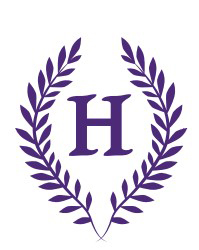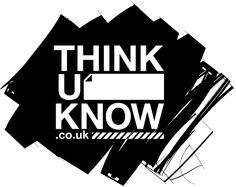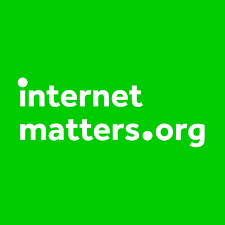Online safety information for parents and families
Helping your child stay safe online.
In the current digital age, we know that parents want to help keep their children safe online. The following websites and links have some excellent information and we are always happy to signpost parents to other sources of support. The links below have some excellent up to date advice on gaming, live streaming etc.
 We have also put together some guidance from CEOP; this is the official Police organisation that helps protect children online. Children can use the CEOP button to report online issues and abuse.
We have also put together some guidance from CEOP; this is the official Police organisation that helps protect children online. Children can use the CEOP button to report online issues and abuse.
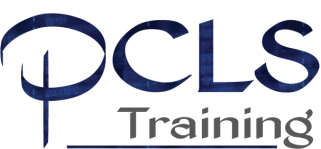 Our Internet Safety event was led by Paul Hay and there is lots of information on his website. Please click here. Paul can also be contacted for advice on paul.hay@pclstraining.com
Our Internet Safety event was led by Paul Hay and there is lots of information on his website. Please click here. Paul can also be contacted for advice on paul.hay@pclstraining.com
PEGI Ratings...these are for games and there is lots of advice online about why certain games have a particular rating. The ask about games website has lots of information and there is a PDF help sheet below.
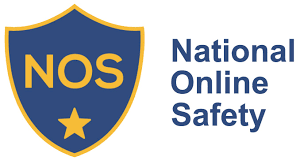
This site has lots of free 'Need to know' user guides for Parents. We have downloaded some of them and these can be found below.

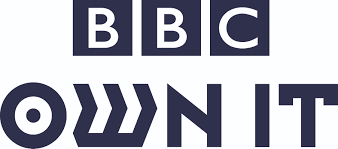
BBC site which has helpful information for parents and children about online safety, presence and usage. https://www.bbc.com/ownit
